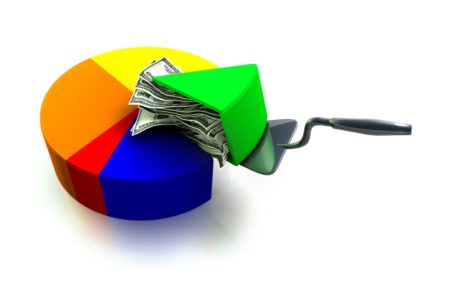As Sports Betting Catches On, Integrity Fees Are A Harder Sell
 Sports betting is becoming less of a hypothetical with many states getting ready to pass their own legislation on the matter. Now, sports leagues are increasingly eager to claim a piece of the pie.
Sports betting is becoming less of a hypothetical with many states getting ready to pass their own legislation on the matter. Now, sports leagues are increasingly eager to claim a piece of the pie.
It was the NBA and Major League Baseball (MLB) that first latched onto the idea of an “integrity fee,” for sports betting. This one percent cut would go to leagues in part so they could regulate sports betting within a state to keep it ethical and fair. It’s not exactly clear why leagues should be the regulating bodies, but the two leagues have a reported 30 lobbyists working in 16 state congresses to persuade legislators to cough up the cash.
Most recently, the PGA Tour, which organizes professional golf, has voiced its support for the NBA and MLB’s efforts to make integrity fees happen. The PGA Tour released a statement in which it voices its enthusiasm to take a cut of the profits:
“We believe regulation is the most effective way of ensuring integrity in competition, protecting consumers, engaging fans and generating revenue for government, operators and leagues. We are aligned with the NBA and MLB in this area, and we are looking for ways to collaborate with legislators, regulators, operators and others in the industry on regulation that serves the interests of all involved.”
It’s no surprise that leagues can smell the opportunity for easy money; but it will be a shock if states go along with it. Currently no state with legislation to legalize sports betting has passed a law that includes the controversial integrity fee. West Virginia, New Jersey, Pennsylvania, Mississippi, and Connecticut all have legal gaming laws from which the fee is conspicuously absent. Only one state—Indiana—is considering a bill that includes the integrity fee. However, legislators are still debating this active bill and have not voted on it yet.
Early state efforts to legalize sports betting are contingent on an upcoming Supreme Court decision that may overturn a federal ban on the practice. The ruling on New Jersey Sports Betting case (officially known as Murphy v. NCCA) is expected this spring.
